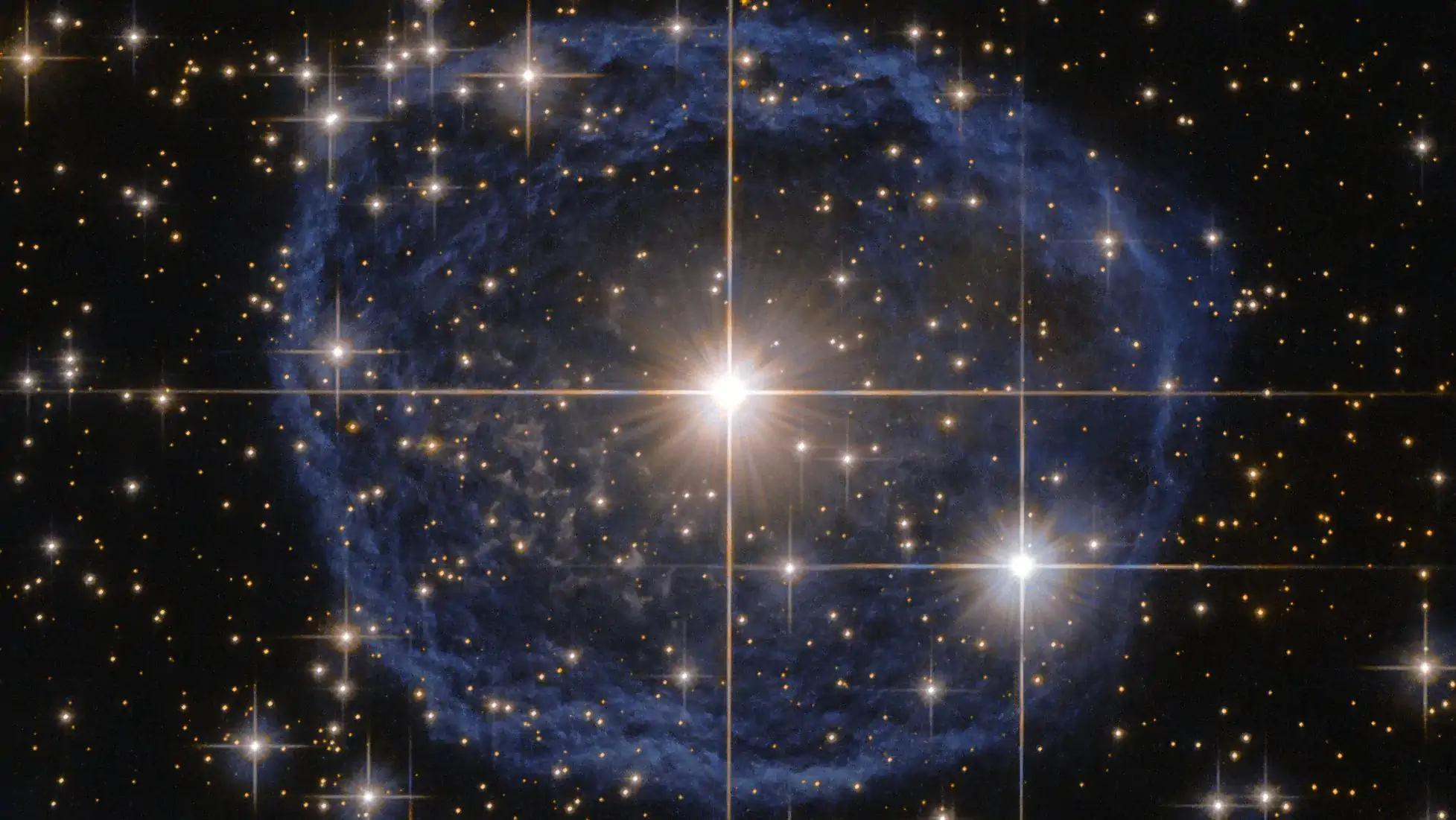Peter Lee, the Hong Kong-based tycoon, wants to use battery technology used in space back on Earth. To facilitate this, the business tycoon’s family office founded a new startup, EnerVenue, and has plans to scale up the technology at its factories in China and the US, South China Morning Post reported.
Countries have been ramping up investments in renewable energy infrastructure to reduce dependence on fossil fuels. According to the International Energy Agency, investments in energy storage are now at over US$35 billion, up from $20 billion just two years ago.
With this shift comes a pressing need for energy storage solutions capable of storing excess energy during periods of low demand and supply when high.
Interesting Engineering has previously covered a variety of approaches that can achieve this. From using energy to pump water into a higher reservoir to storing it as heat in a sand battery, many options are being explored and can be scaled to meet the storage demand.
Lee’s EnerVenue is looking at nickel and hydrogen batteries— a technology used to store energy in space— as a viable solution to the problem.
The Nickel-Hydrogen battery
Nickel-hydrogen (NiH) batteries have found use in space due to their high stability and long lifespans. On Earth, the higher storage densities of Lithium-ion (Li-ion) batteries gained the latter prominence.
However, the NiH batteries in development by EnerVenue are fireproof and work in a wide temperature spectrum of -40 degrees Fahrenheit (-40 degrees Celsius) to 122 degrees Fahrenheit (50 degrees Celsius), which is superior to the Li-Ion’s abilities.
The batteries have a charge-discharge limit of 30,000 cycles, which, the company suggests, will give them a lifespan of 30 years. According to the SCMP report, 90 percent of the battery can be recycled after its lifespan.
EnerVenue’s ambitions
EnerVenue intends to deliver utility-scale energy storage systems that can be used in power grids to tide over the intermittency of renewable energy infrastructure. Additionally, these energy systems can act as backup power systems for residential, commercial, and industrial buildings.
The company is now building its first one gigawatt-hour (GWh) energy storage factory at Changzhou in the Jiangsu province in China. The project is expected to be completed by early next year, following which up to 10 GWh of capacity will be built in the US and China. Details of the investments and timelines for the same have yet to be released.
Last year, EnerVenue expressed plans to install a 1 GWh factory in the US state of Kentucky. Spread over an area as big as 55 football fields, the factory would house design, manufacturing, and testing facilities for its batteries.
With local government support and EnerVenue’s investments of US$1 billion, the company has ambitious plans to reach an annual production capacity of 20 GWh.
With its large-scale facilities, EnerVenue aims to be cost-competitive in the large-scale energy storage market. In its report, SCMP said that compared to the lifetime of lithium-ion batteries, EnerVenue’s NiH batteries hope to deliver better safety, durability, and sustainability.




 BlocksInform
BlocksInform










